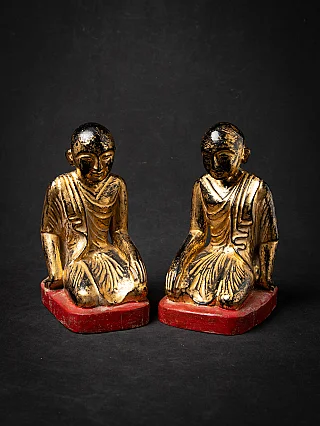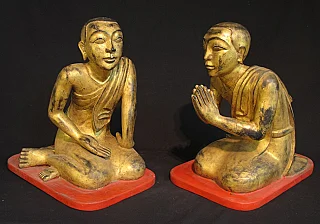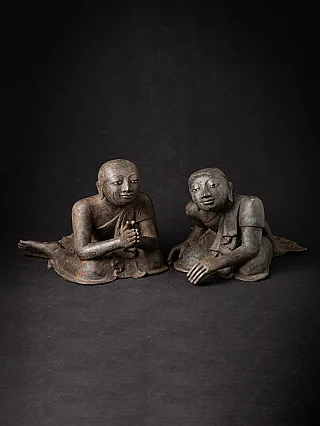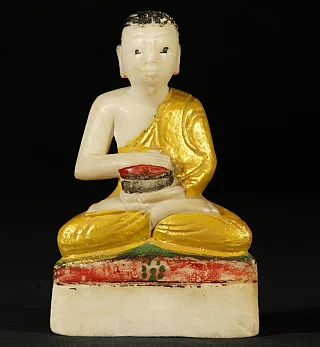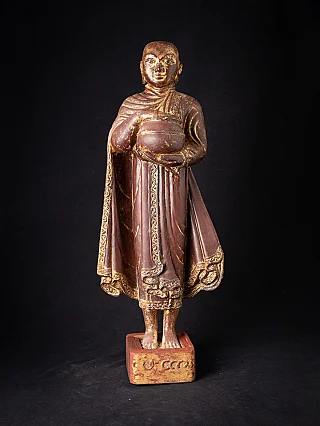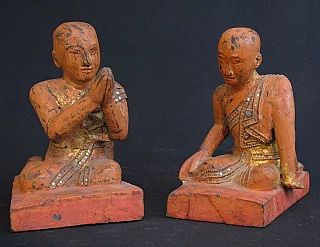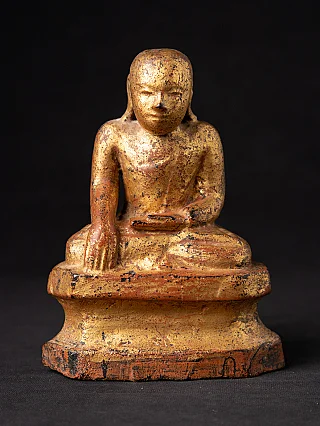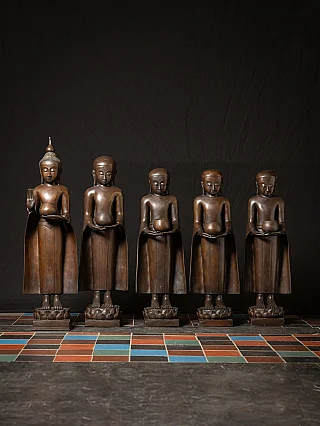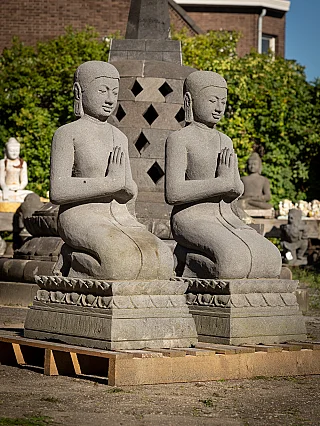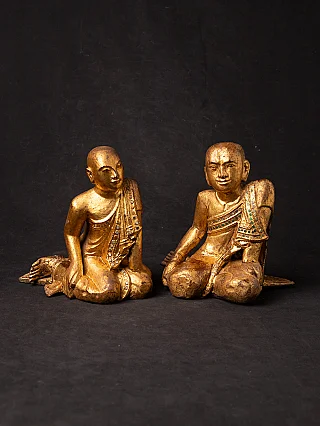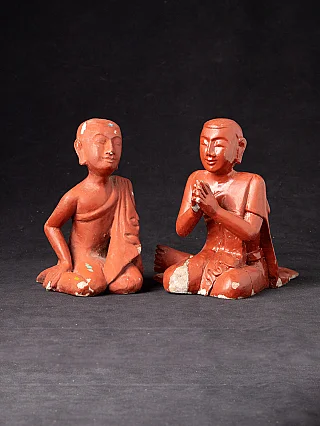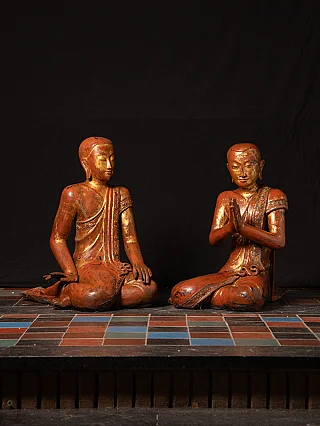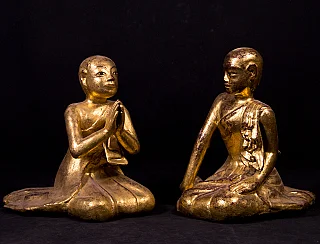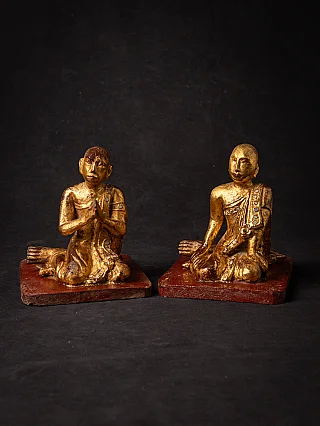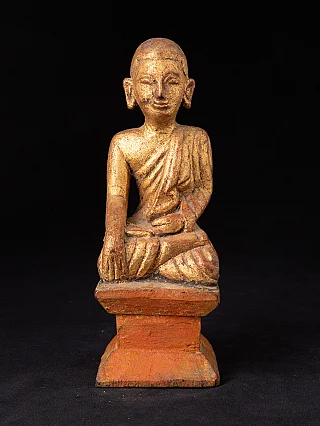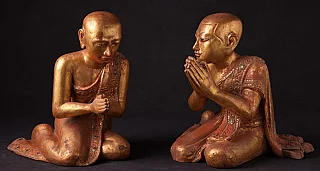Etiquettes of Burmese Buddhists

Since a majority of people living in Myanmar is Buddhists, their social behaviors are highly influenced by the core values of Buddhism especially Theravada Buddhism. It is not like the people who follow other religion also demonstrate the same etiquette. They demonstrate a bit different than that of people who follow Theravada Buddhism. But with the time, some of the etiquettes that are followed by Burmese Buddhist have changed and in the present period, the people generally follow accepted modern customs.
Some generally accepted modern etiquette of Burmese Buddhists
Addressing others and to oneself
While addressing others, Burmese people have various ways to address according to different ranks, ages, relationships and gender. If a person has to address a grownup older person than himself/herself then they would use "U" for adult males and "Daw" for adult females. For younger males or male peers, "ko" or "Maung" are used while that for female "Ma" is used. All the senior officials and teachers are addressed as "Saya".
While addressing to oneself, Burmese use pronouns based on genders. Males use "Kyun-daw" to refer to himself while female use "Kyun-ma". But when an elder calls upon them, male refers to "Khin-bya" and female would respond with "Shin". When communicating with the monk, both male and female change their personal pronoun to "Da-pyi-daw".
When these proper addresses are used, it indicates how well the family has taught the cultures to their children.
Behavior during dinner.
Burmese people don't prefer to drink alcoholic beverages along with meals. When dining, they began to eat only after all the cooked food has been placed on the table. To show the respect, Burmese serve the first food to the eldest present in the family. If the eldest person is not present for dinner then a spoonful of rice is put aside in the pot as a token of respect before serving the meal to others. In the present context, extensive use of modern cutlery has become common even though some person chooses to have their meal in the traditional way with their fingers.
Etiquettes associated with parts of the body
Since, Burmese considers the upper parts of the body (head and face) sacred while lower parts (feet) dirty, they separate things such as towels, soaps, etc. to use for the upper and lower parts. Not only this, the cloth that is used for the lower body is not raised above head levels by any means.
Burmese also have etiquette regarding the lower parts. It is considered an insult when one rinse off his/ her feet by using water from the public drinking pot. The feet are never placed on bed pillows even though they are clean. The people are also cautious about their feet position. It is considered sin when the person points his/ her feet towards Buddha statue, elders, or religious sites.
Etiquette in offices
Burmese offices are shoes-free zones. They take off their shoes at the door of the office. Greeting in the office can take place in two forms for opposite genders. One is through a handshake and another is just a small bow. Handshake with both hands is acceptable practice only when females initiate a handshake. If female doesn't initiate the handshake then the male will generally make a small bow in front of the female.
Behaviors toward seniors
From the beginning, children are taught to respect one's elders and peers while to be kind to the young and weak. Young people show their respect for elders ones by various behaviors. They would avoid sitting on a higher level than that of the elder. They don't pass in front of them unless that's necessary. When young people have to pass something to elders, they generally use both hands together.
Other than above-mentioned etiquette, it is considered blasphemous to point finger at Buddha statues in Burma. When circulating the Burmese Buddhist temples and pagodas, the best way is to perambulate is clockwise direction, while it is considered sin to perambulate anticlockwise direction.
Share this page

















